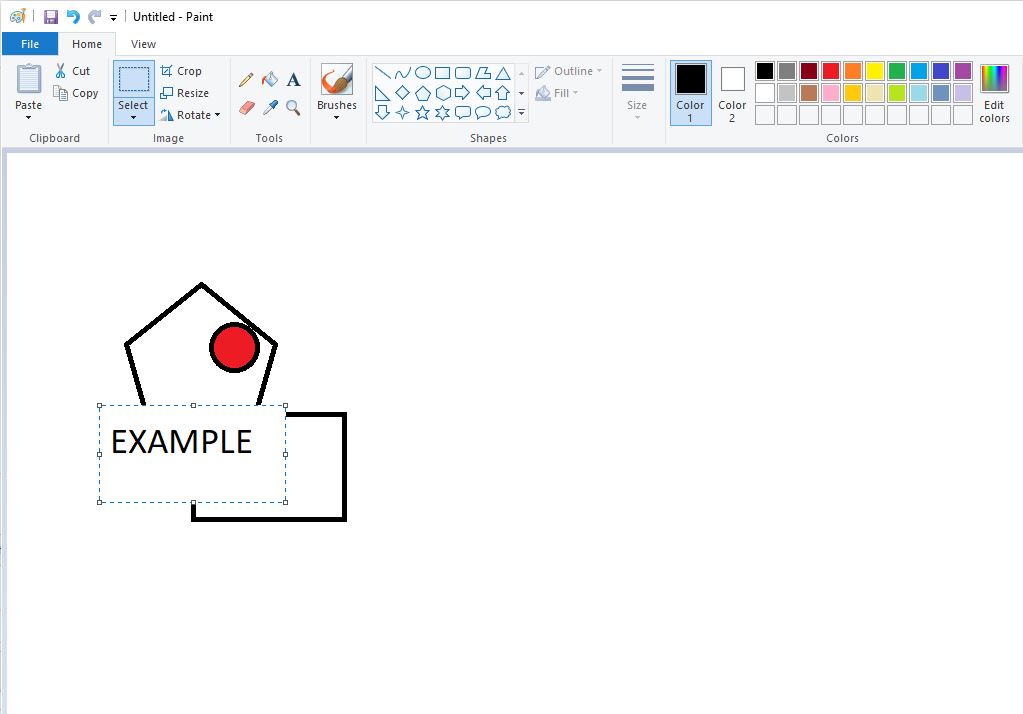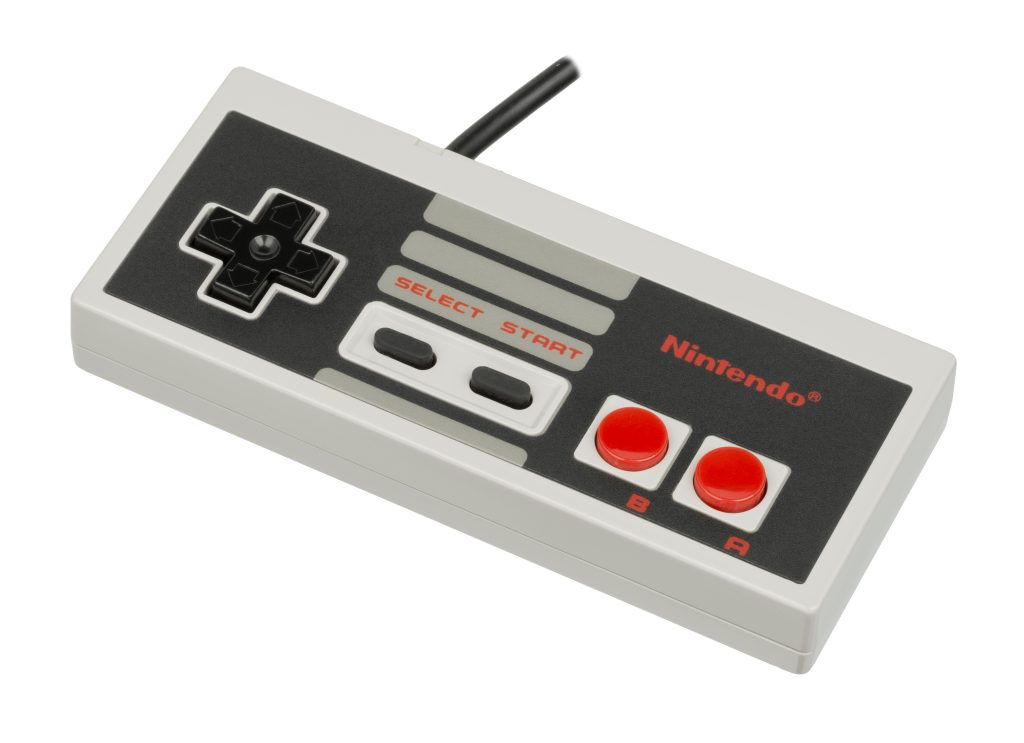The network is flooded with bad news and hype around new technologies. Then there is the good news that comes from games like Lethal Company or Palworld. All these games share something: are made by inexperienced people. Juniors, to use the corporate jargon.
I see many experts explaining the possible benefits of blockchain, AI, Apple Vision PRO, and other new things that do not have demonstrated anything to the World. They do this to attract investments or offer their consultancies. I get it, I am a consultant too.
If I ignore the hype, thou, I see some bad trends. Corporations are not experimenting really with gameplay. They are chasing formulas, using old IPs, creating remakes, and also producing new GaaS games that add NOTHING to the market value. Like water, you can have different bottles and brands. Still, it’s always water. We can discuss the minerals inside of that water, but yeah… it’s water!
I really believe that the best way to build the company of the future is to hire more juniors and let them work, not investing in new technologies just because is cool.
Don’t get me wrong: I really appreciate the experience, but experienced people like me are very biased too. Maybe we should focus our efforts on guiding these new energies in a meaningful way. Preparing roadmaps, and supporting their ideas with no bias. And in 5-10 years, I am sure, you will have a very strong company with cool IPs.



